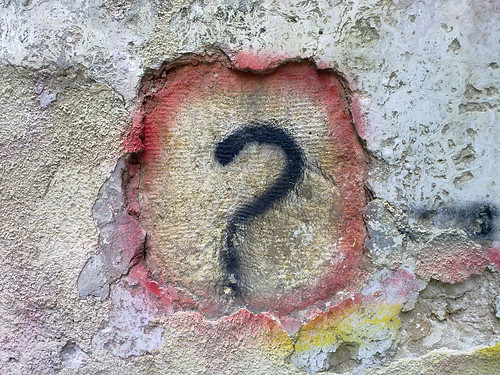 Henry Jenkins, Mimi Ito, and I have embarked on an interesting project for Polity. Through a series of dialogues, we’re hoping to produce a book that interrogates our different thoughts regarding participatory culture. The goal is to unpack our differences and agreements and identify some of the challenges that we see going forward. We began our dialogue this week and had a serious brain jam where we interrogated our own assumptions, values, and stakes in doing the research that we each do and thinking about the project of participatory culture more generally. For the next three weeks, we’re going to individually reflect before coming back to begin another wave of deep dialoguing in the hopes that the output might be something that others (?you?) might be interested in reading.
Henry Jenkins, Mimi Ito, and I have embarked on an interesting project for Polity. Through a series of dialogues, we’re hoping to produce a book that interrogates our different thoughts regarding participatory culture. The goal is to unpack our differences and agreements and identify some of the challenges that we see going forward. We began our dialogue this week and had a serious brain jam where we interrogated our own assumptions, values, and stakes in doing the research that we each do and thinking about the project of participatory culture more generally. For the next three weeks, we’re going to individually reflect before coming back to begin another wave of deep dialoguing in the hopes that the output might be something that others (?you?) might be interested in reading.
And here’s where we’re hoping that some of our fans and critics might be willing to provoke us to think more deeply.
- What questions do you have regarding participatory culture that you would hope that we would address?
- What criticisms of our work would you like to offer for us to reflect on?
- What do you think that we fail to address in our work that you wish we would consider?
For those who are less familiar with this concept, Henry and his colleagues describe a “participatory culture” as one:
- With relatively low barriers to artistic expression and civic engagement
- With strong support for creating and sharing one’s creations with others
- With some type of informal mentorship whereby what is known by the most experienced is passed along to novices
- Where members believe that their contributions matter
- Where members feel some degree of social connection with one another (at the least they care what other people think about what they have created).
This often gets understood through the lens of “Web2.0” or “user-generated content,” but this is broadly about the ways in which a networked society rich with media enables new forms of interaction and engagement. Some of the topics that we are considering covering include “new media literacies,” “participation gap” and the digital divide, the privatization of culture, and networked political engagement. And, needless to say, a lot of our discussion will center on young people’s activities and the kinds of learning and social practices that take place. So what do *you* want us to talk about?